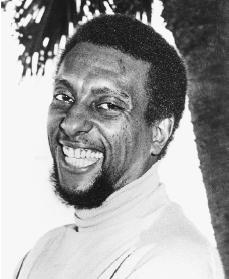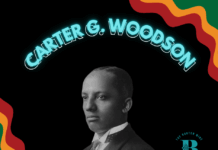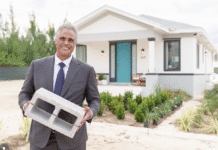
(Photo Credit: Notable Biographies)
“…black people in this country [should] unite, recognize their heritage, and build a sense of community.” – Stokley Carmichael
Kwame Ture born Stokley Carmichael
On June 17, 1966, Stokley Carmichael of the Student Nonviolent Coordinating Committee (SNCC), gave his famous Black Power speech.
Prior to this speech, the Howard University student was a part of the Freedom Rides. On June 4, 1961, Carmichael made the journey to Jackson, MS from New Orleans, LA by train, along with eight other riders, including Joan Trumpauer.
The group was ushered by Jackson police to a waiting paddy wagon; all Riders refused bail. Carmichael was transferred to Parchman State Prison Farm, which proved to be a crucible and testing ground for future Movement leaders. Other Freedom Riders recalled his quick wit and hard-nosed political realism from their shared time at Parchman.
Carmichael also adopted the slogan of “Black is Beautiful,” and advocated a sense of Black pride in African Americans and a rejection of White values of style and appearance. This included adopting Afro hairstyles and African forms of dress. When Carmichael denounced American involvement in the Vietnam War, his passport was confiscated and held for ten months. When his passport was returned, he moved with his wife, Miriam Makeba, to Guinea, West Africa, where he wrote the book, Stokely Speaks: Black Power Back to Pan-Africanism (1971).
The son of Trinidadian immigrants, Carmichael changed his name to Kwame Ture, to honor the African leaders Nkrumah and Touré, who had become his patrons, later traveling the world as a proponent of the All African Peoples Revolutionary Party. He died in Conakry, Guinea in 1998 of prostate cancer at the age of 57.
The Akosua Report: Facts on The African Diaspora, is written by Akosua Lowery. Follow her on Twitter @AkosuaLowery.
Like The Burton Wire on Facebook. Follow us on Twitter @TheBurtonWire.







